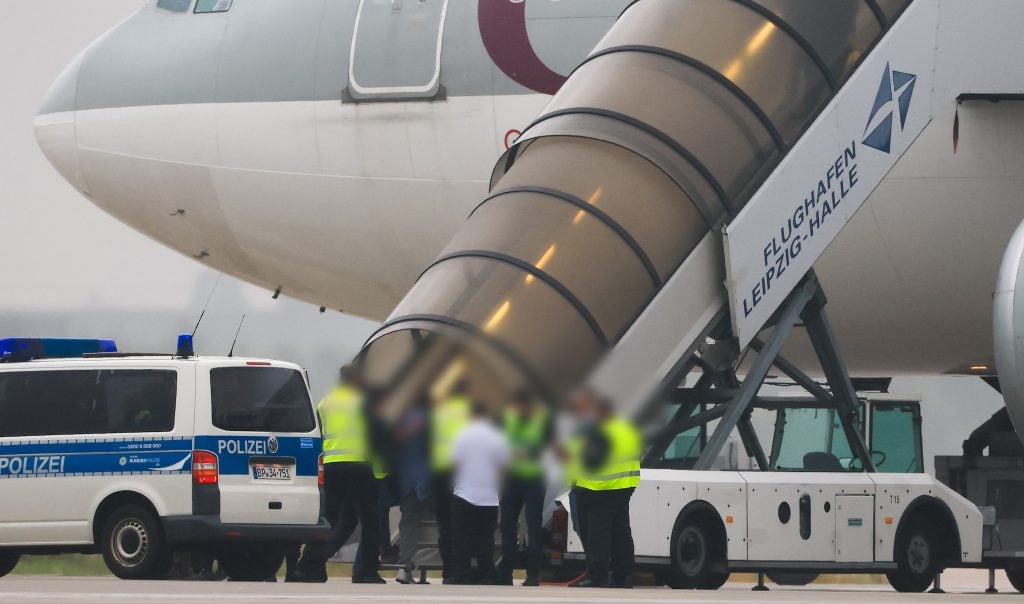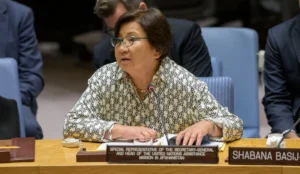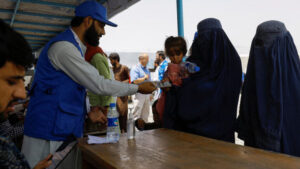Norway and 19 other European countries have recently called on the European Commission to ensure that Afghan citizens residing illegally in Europe are returned — either voluntarily or forcibly.
In a joint letter, these countries stated that the measure should include Afghan citizens considered a threat to public order. They also urged greater coordination among EU institutions, including the European External Action Service (EEAS) and willing member states, and proposed a joint mission to Afghanistan to negotiate with the de facto authorities.
The letter further called for a stronger role for the European Border and Coast Guard Agency (Frontex) in organizing the return of Afghan migrants.
The countries that signed the letter include Austria, Belgium, Bulgaria, Cyprus, the Czech Republic, Germany, Estonia, Finland, Greece, Hungary, Ireland, Italy, Lithuania, Luxembourg, Malta, Norway, the Netherlands, Slovakia, Poland, and Sweden.
The letter also quoted Belgium’s Minister for Asylum and Migration, Annelies Van den Boschuit, as saying: “Now is the time for a firm and coordinated response so that the European Union can regain control over migration and its own security.”
Currently, some countries such as Germany are independently negotiating with the current Afghan authorities to repatriate Afghan nationals.
The German Chancellor has also pledged to accelerate the deportation process of Afghan citizens convicted of crimes.
This call from the 20 countries comes as Pakistan had set September 1 as the deadline for the departure of Afghan refugees whose temporary residence cards had expired. Following this decision, approximately one million Afghan refugees are at risk of deportation.
The deportation of Afghan migrants from Pakistan had already been ongoing, but after recent military tensions between Pakistan and the Taliban, Islamabad ordered the rapid expulsion of Afghan refugees.
The Pakistani government has urged its citizens not to shelter Afghan refugees, emphasizing that all undocumented individuals must be expelled.
Meanwhile, Iran has also intensified the deportation of Afghan migrants over the past two months. These deportations have escalated following the recent Iran–Israel conflict, at a time when Afghanistan is facing a severe human rights and humanitarian crisis. Many of those being deported — including women, journalists, and human rights defenders — face real risks of human rights violations upon return.













